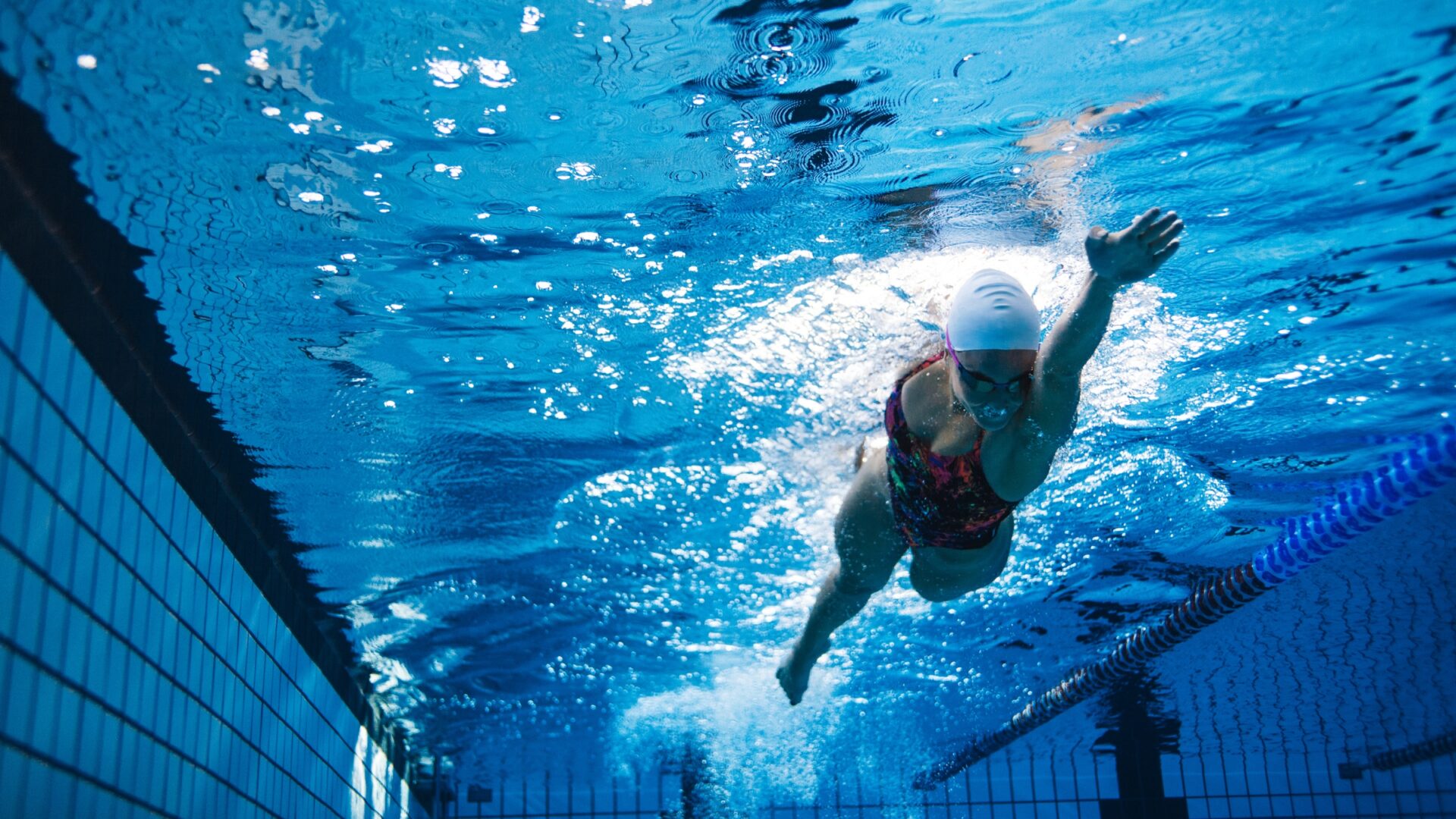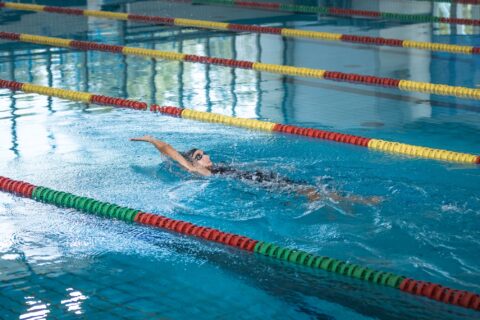Threshold training isn’t just for cycling. Figure out your swim threshold speed and use it in this workout.
Threshold training isn’t just for cycling. Figure out your swim threshold speed and use it in this workout.

Threshold training isn’t just for cycling. Figure out your swim threshold speed and use it in this workout.

Threshold training isn’t just for cycling. Figure out your swim threshold speed and use it in this workout.

Hit the sweet spot with a sub-threshold ride for those winter days that aren’t too cold.

Endurance athletes of all disciplines can benefit from a regular full-body strength routine.

Get the best of both worlds by incorporating several high-intensity sprints into your base rides.

Keep your swim fitness up to speed with a regular maintenance session for off season.